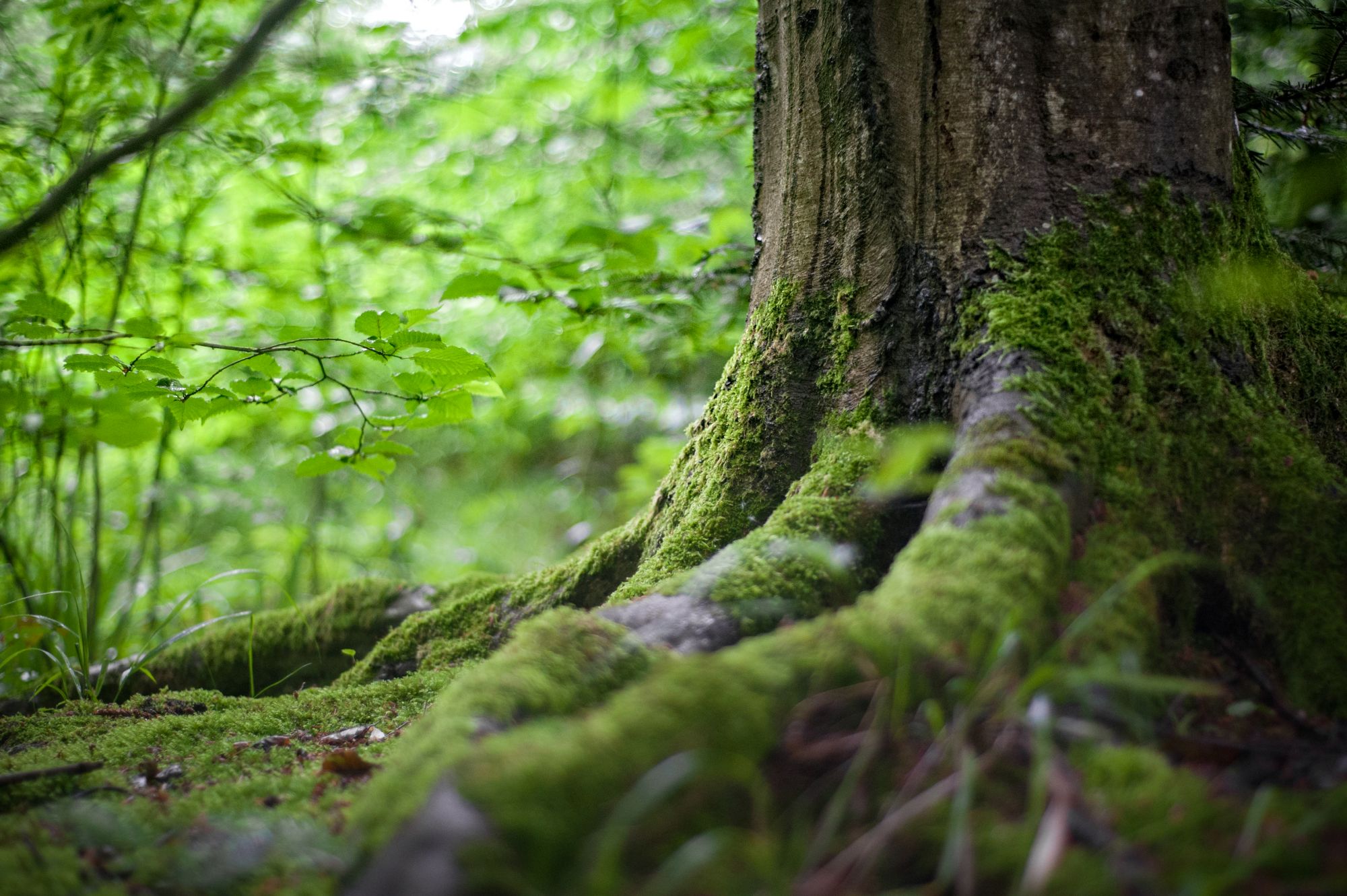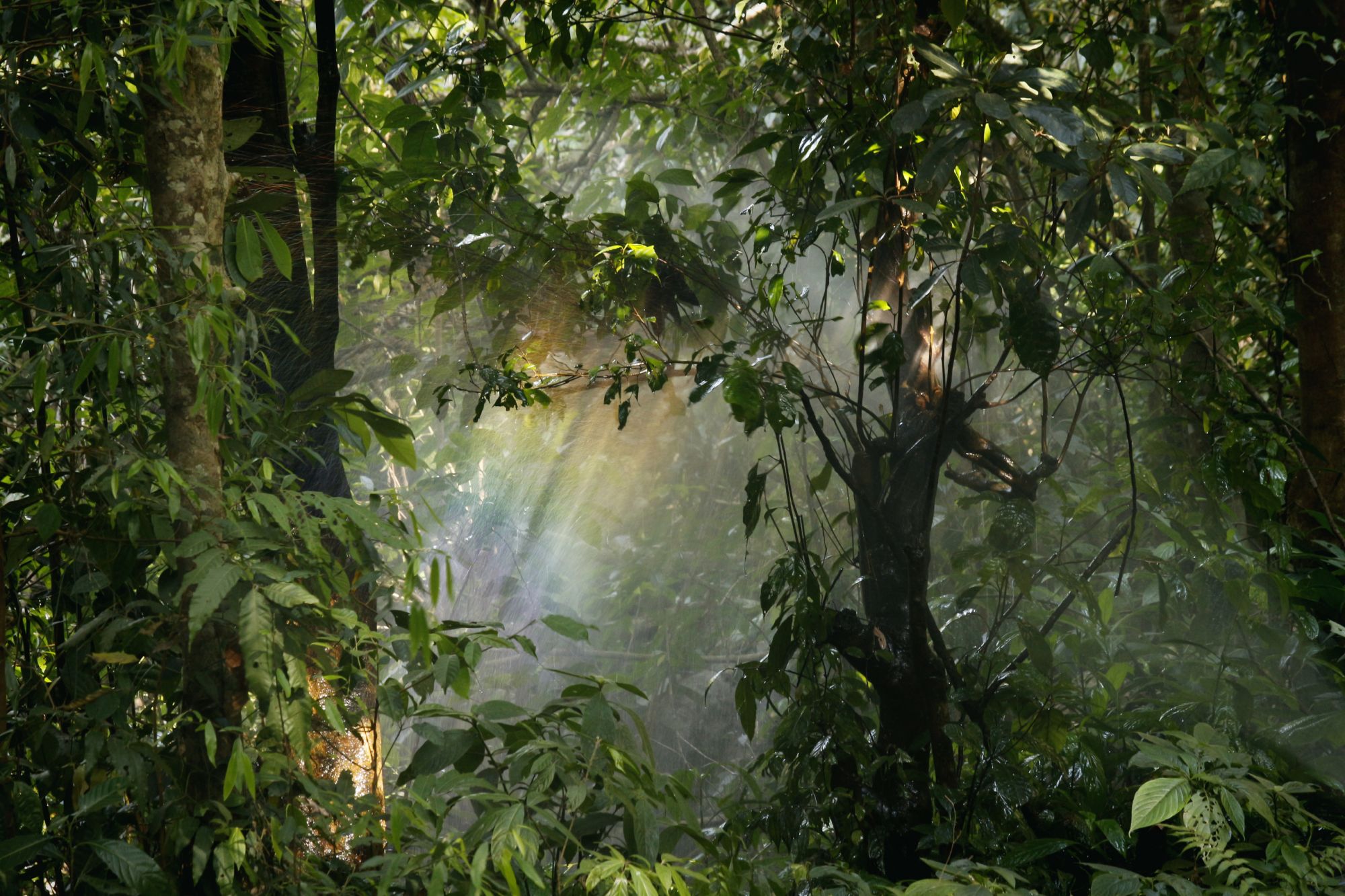For those who are tired and stressed from working long hours, bathing your senses in nature could be the way to relax
Being out in nature, surrounded by nothing but greenery has always had a way of making humans feel at peace. The clean crisp air, the fresh green leaves, and the scent of the forest can really help restore our mood and leave us feeling refreshed. Shinrin-Yoku, also known as Forest Bathing, was first coined in the '80s by the Japanese Forestry Department in a response to the public health epidemic of stress-related illnesses.
(Related: Are Wellness Treatments Such As Onsens and Hammams Still Popular Today?)
Never heard of Forest Bathing? We speak to experts in the field Amanda Yik from Shinrin Yoku and Jasmine Nunns from Kembali to find out the benefits of the practice, along with everything else you need to know:

What is forest bathing?
“Forest bathing is the practice of bringing attention and awareness to your senses and body, in the forested environment around you. Literally to bathe your senses in the natural environment” says Nunns. It’s about gently softening into and observing the natural world you’re immersed in to enhance your general well-being.
From listening to the sounds of leaves falling, the stream’s slowly trickling water, to feeling the sun on the back of your neck, it’s a return to nature and a return to your body and soul. “Because of its’ holistic therapeutic effects on our mind, body and spirit, it is referred to in many parts of the world as forest therapy,” says Yik.


